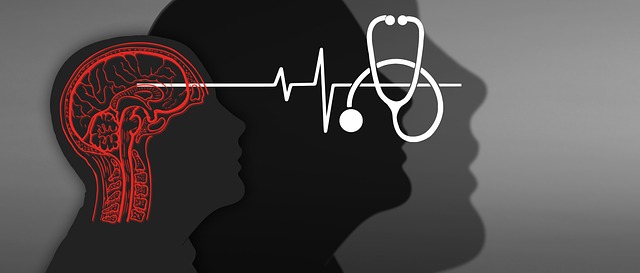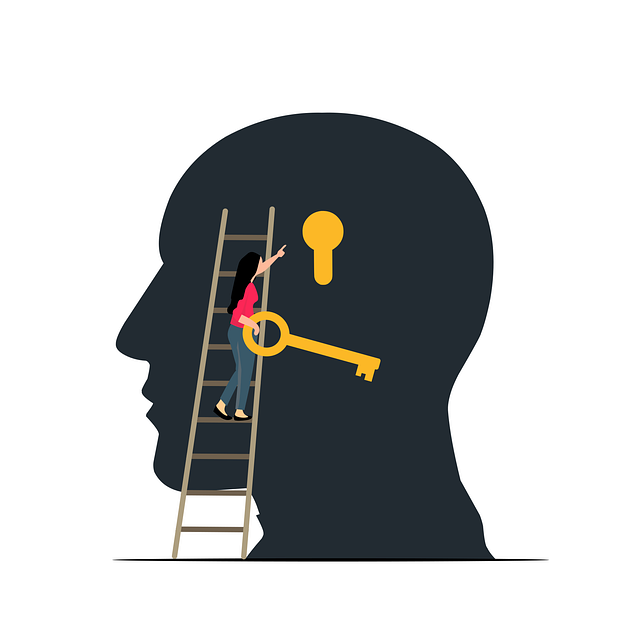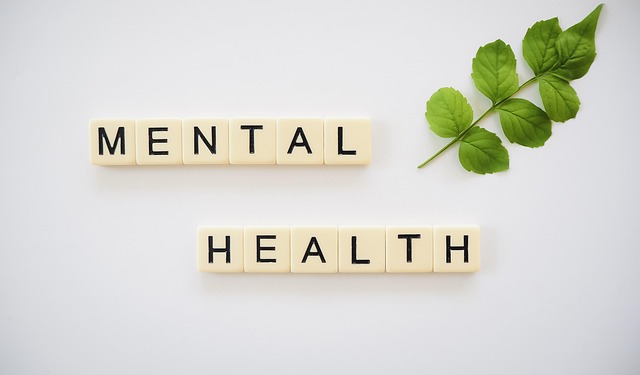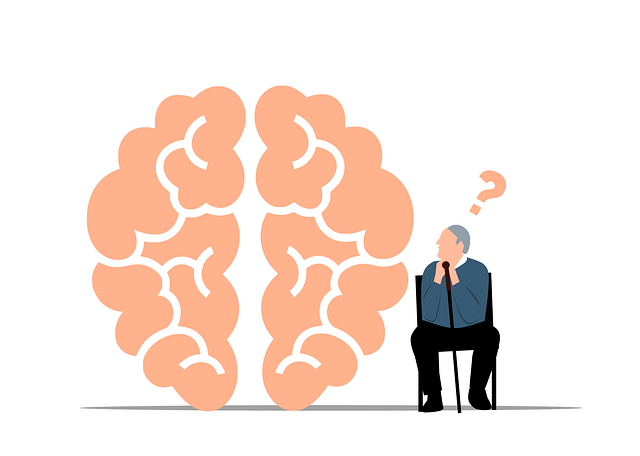Adolescents face unique emotional challenges during rapid development, making mood regulation crucial for well-being. Cognitive-behavioral therapy (CBT) effectively teaches teens to manage negative thoughts. Independent Medical Evaluations (IMEs) assess mental health, identify underlying issues, and guide tailored therapy or stress management workshops. Therapy combined with self-care practices like journaling, exercise, and mindfulness builds emotional resilience in teens, empowering them to independently manage their mental health into adulthood.
Mood regulation is a vital skill for adolescent emotional well-being. This comprehensive guide explores various strategies to support teens in managing their moods effectively. From understanding the intricate workings of adolescent emotions to leveraging therapy and independent medical evaluations, we uncover personalized care approaches. Additionally, we empower parents and teens with practical self-care techniques proven to enhance mood stability. By combining these evidence-based methods, adolescents can navigate their emotional landscapes with greater resilience.
- Understanding Mood Regulation: Unraveling Adolescent Emotional Well-being
- The Role of Therapy in Supporting Teen Mood Stability
- Independent Medical Evaluations: A Vital Tool for Personalized Care
- Empowering Teens with Effective Self-Care Strategies
Understanding Mood Regulation: Unraveling Adolescent Emotional Well-being

Understanding mood regulation is key to unraveling adolescent emotional well-being. Teenagers, navigating a world of rapid change and development, often struggle with managing their emotions effectively. This period is characterized by intense feelings and heightened sensitivity, making it crucial for teens to learn healthy coping mechanisms early on. Various therapy models, such as cognitive-behavioral therapy (CBT), have proven effective in teaching adolescent teens how to identify and modify negative thought patterns, thereby improving their mood regulation skills.
Independent medical evaluations play a vital role in assessing an adolescent’s emotional state and identifying any underlying issues that may require professional intervention. These evaluations provide valuable insights into the teen’s mental wellness, offering a roadmap for tailoring specific therapy approaches or recommending relevant stress management workshops and emotional well-being promotion techniques. Additionally, mental wellness podcast series production can be leveraged as an engaging medium to deliver evidence-based strategies and foster open conversations around adolescent emotional health.
The Role of Therapy in Supporting Teen Mood Stability

Therapy plays a pivotal role in supporting teen mood stability by providing a safe and structured environment for adolescents to explore and understand their emotions. Through various therapeutic approaches, such as cognitive-behavioural therapy (CBT) or mindfulness-based interventions, teens learn coping mechanisms tailored to their unique needs. These strategies empower them to manage stress, anxiety, and depression effectively, fostering better emotional regulation.
Independent Medical Evaluations (IMEs) are crucial in this process, offering a comprehensive assessment of an adolescent’s mental health status. IMEs can identify underlying issues that may require specialized treatment, ensuring that therapy is targeted and effective. By combining therapy with appropriate self-care practices and crisis intervention guidance, resilience building becomes more attainable for teen clients.
Independent Medical Evaluations: A Vital Tool for Personalized Care

Independent Medical Evaluations (IMEs) serve as a crucial tool for healthcare professionals when it comes to providing personalized care for adolescent teens struggling with their mental health. These comprehensive assessments go beyond surface-level symptoms and delve into the unique biological, psychological, and social factors influencing an individual’s mood regulation. By integrating IMEs into therapy for adolescent teens, mental health specialists can gain valuable insights, enabling them to tailor treatment plans that address specific needs.
For instance, an IME may uncover underlying medical conditions contributing to anxiety relief or mood disorders, which can significantly impact a teen’s overall mental wellness. Additionally, these evaluations facilitate the identification of risk factors and protective elements within a young person’s environment, including family dynamics and community outreach program implementation. This holistic approach ensures that therapy goes beyond traditional counseling sessions, incorporating practical strategies like journaling exercises for mental wellness tracking, thereby fostering more effective and sustainable mood regulation.
Empowering Teens with Effective Self-Care Strategies

Empowering teens with effective self-care strategies is a vital step in their journey towards better mental health and emotional well-being. It equips them with tools to navigate their feelings and stress levels independently, especially as they transition into adulthood. Through therapy for adolescent teens, professionals can guide young individuals to understand their emotions and develop healthy coping mechanisms. One powerful technique involves encouraging the creation of a self-care routine tailored to their unique needs. This could include activities like journaling, exercise, or mindfulness meditation, which have been shown to significantly promote emotional well-being promotion techniques.
Additionally, independent medical evaluations can play a crucial role in identifying specific mental health concerns and providing personalized recommendations for self-care. By combining therapy with structured self-care routines and professional guidance, teens gain the resilience needed to face challenges head-on. These strategies not only help in managing existing issues but also serve as preventive measures, fostering a sense of independence and adaptability that will benefit them throughout their lives.
Mood regulation is a multifaceted aspect of adolescent development, and addressing emotional well-being requires a comprehensive approach. As discussed, therapy plays a pivotal role in equipping teens with tools to manage their moods effectively. Additionally, independent medical evaluations offer valuable insights for personalized care plans. By combining professional support with empowered self-care strategies, adolescents can navigate their emotions healthily. Encouraging open conversations and utilizing available resources, such as independent medical assessments, ensures that each teen receives the tailored support needed for optimal emotional stability, especially when exploring therapy for adolescent teens.









